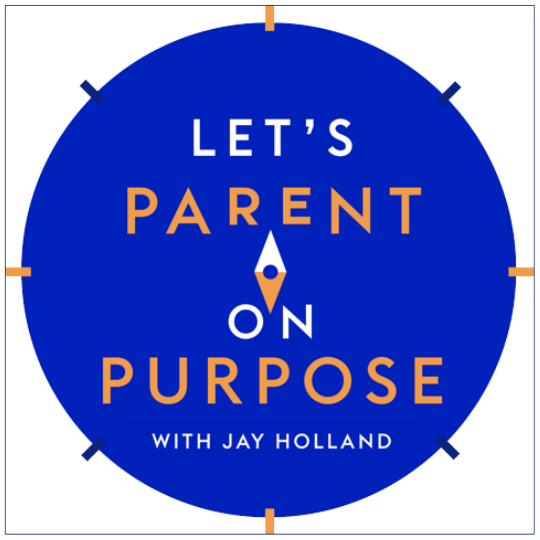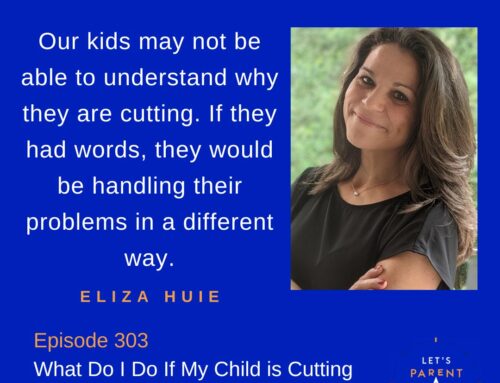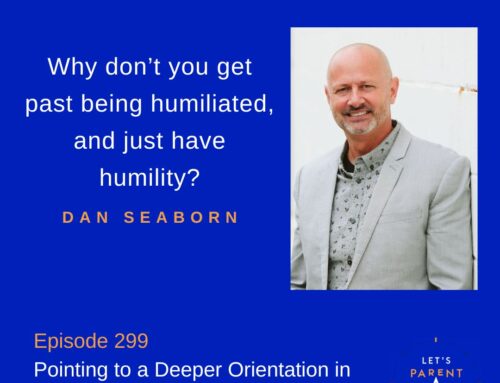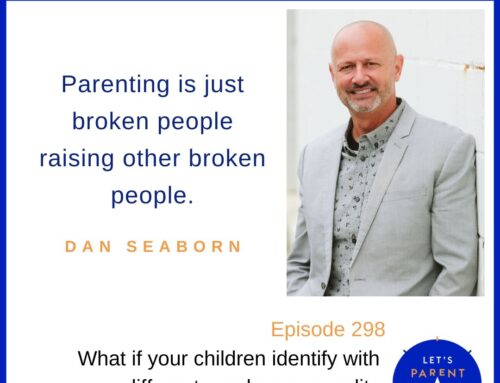Powered by RedCircle

What’s your parenting style?
In my mind I’m a pretty rational, consistent guy. I make choices based on logic and reason, and I can be counted on to do what’s right and most logical in a given situation.
But in reality, I know that sometimes my parenting “technique” has a lot to do with my mood, the time of day, what I’ve had to eat, which kid is in front of me, and a whole assortment of other issues.
The truth is we are all much less consistent than we’d like to be. But we do have general patterns that we fall into. In their book Parenting Teens with Love and Logic, Foster Cline and Jim Fay discuss three general parenting styles and the effects they have on kids over the long term. Check these out and see where you fit:
The Helicopter Parent – Helicopters are excellent for emergency situations, but in general they make a lot of noise, wind, and chaos. It’s hard to get “normal” life done with a helicopter hovering overhead. Out of tremendous love and concern for their children, the helicopter parent will tend to hover over their kids, swooping in to save the day. Helicopter parents are afraid of their child’s failures, both large and small, and swoop in to rescue them, whether it’s a broken bone or a missing homework assignment. What are some consequences of helicopter parenting?
- Kids don’t learn to do things on their own and lack confidence needed to thrive in the real world
- They develop the habit of blaming others for their failure
- Resentment develops between parents and kids. Parents expect kids to be super thankful, but kids resent the nagging, the constant presence, and the times when mom and dad don’t swoop in an rescue them.
The Drill Sergeant – Drill sergeants motivate through fear and intimidation. They get things done, but it’s generally not because their soldiers want to do the work. They’re just afraid of getting yelled at and punished. Drill sergeant parents work much in the same way. They can get their kids moving, run a tight ship, and perhaps even for a time keep the kids out of trouble. But soldiers don’t really ever develop a fond relationship with their drill sergeants, and kids live emotionally distant from drill sergeant parents. The motivation for doing right and wrong is “am I going to get caught, and what will happen”? Consequences include:
- Decisions are not based in wisdom of what’s right, but rather “will I get in trouble?”
- Kids lack trust in parents to admit when they’ve messed up.
- Parent looked at as the aviary to be avoided or appeased.
The Consultant – In grown up land, consultants are not brought in to do other people’s work. They also don’t cannot make anyone do work. They analyze, enlighten, and advise. But at the end of the day, it’s up to the business to put in the effort to make changes. The consultant can remain honest and encouraging, but they’re not emotionally attached to every move their client makes – the consultant gets paid for the analysis and advice, not implementing the plan. In the same way, a parent can strive to be their child’s consultant, especially as they age. Parents can point out the reality of the situation, advise on options, but leave the implementation-and the consequences-to the child. It’s certainly harder in the short term than swooping in and saving the day, or unloading one’s emotions until the child conforms in obedience, but over the long haul it’s not only easier, it’s more enjoyable. Benefits of a consultant parenting style include:
- Freedom from emotional manipulation by the parent or child to get what they want.
- Open dialogue and a lower level of fear to reveal mistakes.
- Kids that are molded to make decisions based on what’s wise and right, not based on what they can get away with.
- A release for mom and dad from feeling like they have to save the day when things go bad. Empathy and natural consequences work WAY better to change behavior than anger and emotion.
I’ll talk more about these in the future, but that’s a quick overview. Feel free to listen to the podcast of this episode for more insight.
What about you? What style describes you best? Where do you want to be? I’d love to hear from you!





